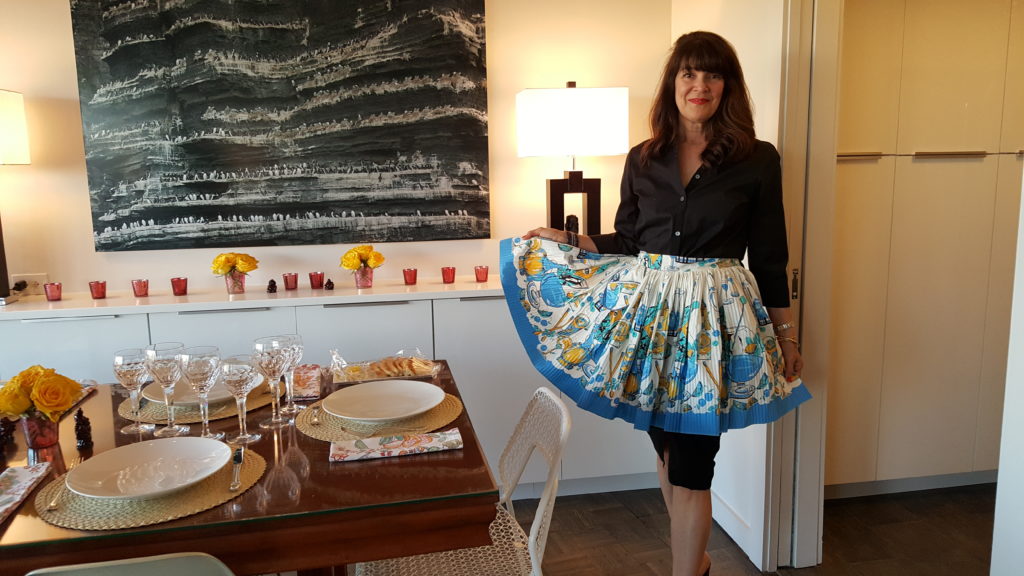
When the baby birds leave the nest, what's next?
To some people, it's a rude awakening when they find themselves sitting at the dinner table alone or with a spouse: The children are gone, and it's just too quiet. They long for the days when the noise and chaos of kids filled the house with life. They live for the day when the kids come home for Christmas, summer vacations or family celebrations. They may clean up their kids' rooms but they leave them as they were, full of high school and college trophies on bookshelves and long-outgrown clothing in the drawers and closets. Of course, these parents move on and fill their days the best they can. They're working, doing chores around the house, having friends over for dinner and traveling twice a year.
This type of empty-nester is determined to stay put -- "for the kids!" or because "I don't know where to start." The kids are long gone and their return visits are few and far between, but these parents want the family home to remain as it was when the kids lived there. Chances are they'll stay in the home until they move to assisted living, and the kids will be the ones to deal with the years of accumulated stuff and making repairs before putting the house on the market.
And there's not a thing in the world wrong with that picture.
But many people can't wait to be empty-nesters. They can't wait to get out of the houses in which they raised their children. They relish the fact that they're finally alone (as a couple or as a single parent) and feel a new sense of freedom and purpose. The kids are D-O-N-E and G-O-N-E. They raised the kids to the best of their abilities and the kids are happy and independent. As they hit their mid- to late-50s and their 60s, they know they have a lot of life left, and they don't want to spend it taking care of a 5-bedroom house in the suburbs with rooms they never enter and tons of stuff they never use. Instead, they are all about reinvention. (INSERT internal link)
"The beauty of rediscovering the starting line."
(INSERT facts/stats about "next act" gigs that 50- and 60-somethings are starting.
In late 2016, a Washington Post article about empty-nesters who've downsized described some of the challenges inherent in the process. One of the most vexing is the question of where to go. Some empty-nesters who plan to downsize into a single-family home know they need a one-level design because they plan to stay in the home for a long time and don't want to navigate stairs as they get older. Others opt for a two-level home that can be modified later to suit their needs (say, with an elevator or chair lift), according to Realtor Billy Buck, of Buck & Associates in Arlington, Virginia.
Another challenge is the limited number of small single-family homes on the market in desirable neighborhoods. Finding the right condominium can also be frustrating. Demand is high and competition is tough: baby boomers and millennials are competing for the same properties.
And simply because people downsize to smaller homes doesn't necessarily mean lower costs associated with the properties. While monthly expenses can be considerably lower in a smaller home, prices for the properties themselves can be the same as or higher than their larger homes. "It's not necessarily a price decrease as much as a lifestyle change," said Caryn Krooth Gardiner of Heller Coley Reed, a Long & Foster agency in Bethesda.
Downsizing is exhausting, but freeing.

Melanie Boutte and her husband Andy Williams downsized from a 3,500-square-foot home in Nashville to a 1,200-square-foot condo in Atlanta's Buckhead neighborhood. "I've always been a bit of a minimalist and don't like a lot of clutter, so I didn't have to clean out tons of stuff from drawers and closets. But I was challenged to figure out what to do with all of our great furniture. I knew it wouldn't all fit in the new place." They sold their Nashville house quickly and had to store a lot of their furnishings as they renovated the place in Atlanta before moving in, which was a big headache. They had to sell or give away a lot of what they had in storage because, no surprise, it didn't fit, even after having gotten rid of a lot of it in Nashville. When another move seemed imminent, after Andy accepted a job in D.C., Melanie said it was a breeze. "Another condo, another renovation," said Melanie. This time, into a 1,350 square foot unit at The Watergate. "We're both glad that we went through the process in our 50s. It was exhausting, but we're so happy with our new lives."
The Washington Post article provided a few downsizing tips:
- Figure out whether you're going to sell your place first, or buy another place first. And consider renting if you can't swing maintaining two properties at the same time.
- Decide if you need to be near public transportation.
- If you have a dream location in mind, be prepared to extend your "search zone" a few miles on every direction to find similar properties at more affordable prices.
- Consider hiring a downsizing professional, such as a professional organizer (check out Certified Professional Organizers by visiting the National Association of Professional Organizers website.
- If you're interested in townhouses, find one that already has an elevator so you don't have to add one later.
- If you're interested in single-family houses, find one with the master bedroom and bathroom on the main level, and that has an entrance without stairs (from garage or driveway into kitchen, for example).
- If you're "of a certain age and mindset," consider active-adult communities that have houses, townhouses or apartments, such as Fox Hill Residences, Maplewood Park Place, Greenspring or Ashby Ponds. And for those looking to hit the "restart" button and head to a sunny locale or to the mountains, check out 55places.com for a list of its best communities.
